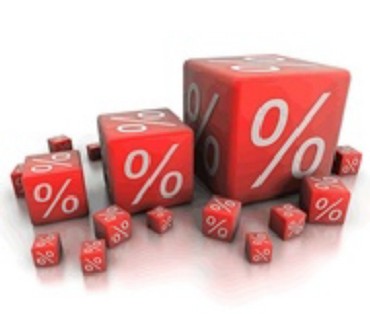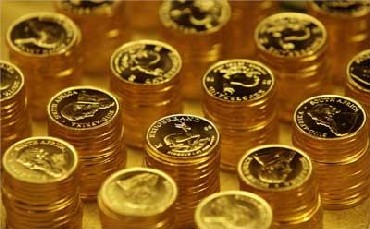 | « Back to article | Print this article |
This is how your money earns the promised returns
The most commonly asked question among investors has to be about returns. To many, investing is to seek an opportunity and earn a high rate of return.
Several would also like to think there is little point trying to invest money if it did not provide a spectacular return.
Such thinking translates into high, and mostly unrealistic expectations from investments. Most investors also tend to chase 'good' investments, only if the rate of return is high enough to draw attention.
High return is not necessarily a desirable goal in investing, let's see why.
Click NEXT to read more...
This is how your money earns the promised returns
First, the performance of every financial product depends on what would be done with the money that is being mobilised by the investor.
It can be generalised the money would be used to build an asset portfolio that would generate returns, which, in turn, will pass on to the investor, based on the terms of contract with the investor.
A bank that borrows money from the investor, by issuing deposits, uses the money to build an asset portfolio, made up primarily of loans. The interest paid to the depositor, depends on the interest earned on such loans.
Click NEXT to read more...
This is how your money earns the promised returns
The bank sets the interest it will pay to the depositor, after considering its costs and profits, but the primary driver of the interest rate on deposits, is the return on its asset portfolio, or the interest income from its loans.
It is simple logic, the investor would like a high rate of interest on his deposits, while the borrower from the bank likes a low rate of interest on his loan.
However, a low interest is available only to that borrower who is most likely to repay the loan in time, and not likely to default. The bank can earn a higher interest on its loans, only if it makes more and more loans to high-risk borrowers.
This means, a bank is likely to offer a higher interest on its deposits, as compared to other banks, if the quality of its loan portfolio is poorer.
Click NEXT to read more...
This is how your money earns the promised returns
Therefore, to seek high return is to seek high risk. Investors who routinely place money with deposit companies, corner-shop operators who promise high returns, fancy schemes that guarantee returns, and ponzi schemes that collapse after an initial period of very high return, have to ask a key question if this investment opportunity is so good, why is it not getting low-cost money from banks and institutions?
Any abnormally high return on a deposit-like product, is likely to feature a poor quality, high risk portfolio.
Second, a financial product whose value moves up and down is not necessarily a high return investment opportunity.
Investors who look at the varying stock market prices, and read about three per cent gain in a single day or doubling of money in a short time, think these are highly plausible returns.
Click NEXT to read more...
This is how your money earns the promised returns
They are not. Gold, silver, property, equity are all assets whose values change dynamically. This change in value is driven by a large set of factors, tracked and acted upon by a large number of people.
The prices, therefore, reflect what people expect for the future. A company which is expected to post a turnaround in its profits, will see a lot of buying interest, as people like to own the stock ahead of the good news.
The price of a piece of land, expected to become a part of a large commercial hub, will move up in anticipation of this development.
Click NEXT to read more...
This is how your money earns the promised returns
Since no one has seen the future, nor can predict it accurately, prices will reflect the continuous flow of information and actions of a large number of people who act on such information.
Therefore, by definition, prices will be volatile and unpredictable. Profiting from such movement in prices is risky and not always rewarding.
Investors who lean on tips, or try to trade the movements in price, are treading volatile grounds, with no guard. They may make some money from sheer luck, which is not likely to recur all the time.
To invest is to choose carefully, and to select investments that offer a normal level of return, stripped of glamour and noise.
The writer is MD, Centre for Investment Education and Learning






